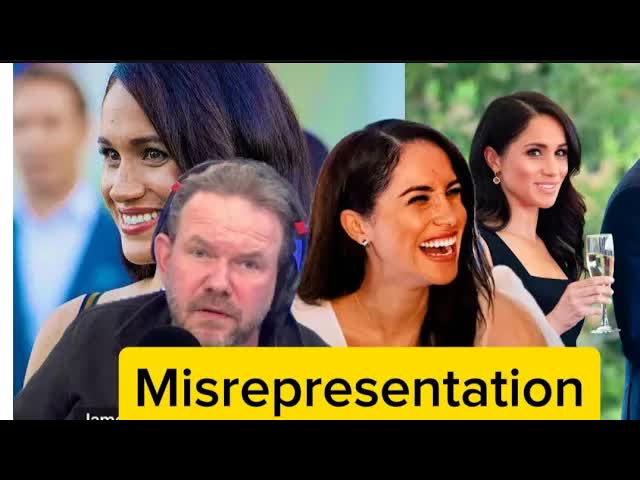In recent years, the media’s treatment of Meghan Markle, the Duchess of Sussex, has sparked intense debate and concern.
Critics argue that the coverage she receives is not only disproportionate but often veers into harassment.
This scrutiny raises questions about the underlying motives at play, particularly within right-wing media outlets that seem to have a calculated agenda against her.
Markle’s biracial identity and progressive views have made her a lightning rod for criticism, particularly from conservative factions resistant to social change.
Scholars like Moira Bailey have coined the term “misogynoir” to describe the specific blend of racism and sexism that black women, including Markle, often face.
This form of targeted hatred underscores a broader societal issue, revealing how deeply ingrained biases can shape public perception.
The tactics employed by certain media outlets to undermine Markle’s credibility are strikingly predictable.
They frequently exaggerate minor incidents while glossing over her positive contributions.
This selective reporting distorts the narrative, creating an image of Markle as difficult or ungrateful, rather than highlighting her achievements and advocacy work.
Moreover, the portrayal of Markle often leans heavily on loaded language.
Words like “diva” and “controlling” are weaponized to evoke negative stereotypes associated with women of color.
This choice of language isn’t just incidental; it plays a crucial role in shaping how the public views her, reinforcing harmful narratives that have persisted for generations.
The criticism directed at Markle reveals much about societal attitudes towards race and gender.
As a biracial woman in the royal family, she challenges long-standing norms, making her a target for those who feel threatened by her very presence.
Her assertiveness, often celebrated in white women, is framed as aggression when exhibited by Markle, perpetuating the stereotype of the “angry black woman.”
Additionally, the media has perpetuated the hypersexualization of Markle, depicting her as a manipulative figure who “stole” Prince Harry.
This narrative not only strips her of agency but also feeds into damaging myths about black women’s sexuality, reducing her identity to mere stereotypes.
False narratives regarding Markle’s background further complicate the public’s perception.
These stories often rely on coded language that evokes racist tropes, suggesting that she is undeserving of her success.
Such portrayals serve to delegitimize her accomplishments and reinforce systemic discrimination.
The impact of biased media coverage extends beyond individual experiences.
It shapes societal attitudes and normalizes harmful stereotypes, creating a climate where hate speech becomes more acceptable.
This normalization can stifle efforts toward social progress, sending a message about who is allowed to thrive in society.
Furthermore, the vilification of figures like Markle creates a chilling effect, discouraging others from marginalized backgrounds from stepping into the public eye.
The fear of backlash can silence voices that could contribute to meaningful change, limiting diversity in public discourse and hindering societal growth.
Despite facing relentless negativity, Markle has emerged as a powerful advocate for social justice.
She champions causes related to racial equality and women’s empowerment, using her platform to amplify marginalized voices.
Her resilience serves as an inspiration to many, particularly young women navigating similar challenges.
This situation highlights the urgent need for diverse representation in media.
When media outlets reflect a variety of human experiences, they can challenge stereotypes and broaden perspectives.
Elevating marginalized voices is essential for creating a more inclusive society.
As consumers of media, it’s crucial to remain vigilant and critical.
We must question the sources of our information, seek out reputable reporting, and expose ourselves to diverse viewpoints.
Recognizing our own biases can help us become more informed consumers and challenge harmful narratives.
Addressing the biased coverage of Meghan Markle requires collective action.
Supporting independent media and holding larger organizations accountable are vital steps toward fostering a more equitable media landscape.
Engaging in constructive dialogue about media representation can empower us all to demand better from those who shape public opinion.
The ongoing scrutiny of Meghan Markle is a stark reminder of the media’s power and the pressing need for accountability.
By promoting empathy, critical thinking, and diverse representation, we can work towards a media ecosystem that truly reflects the complexity of our world.
Related Stories

